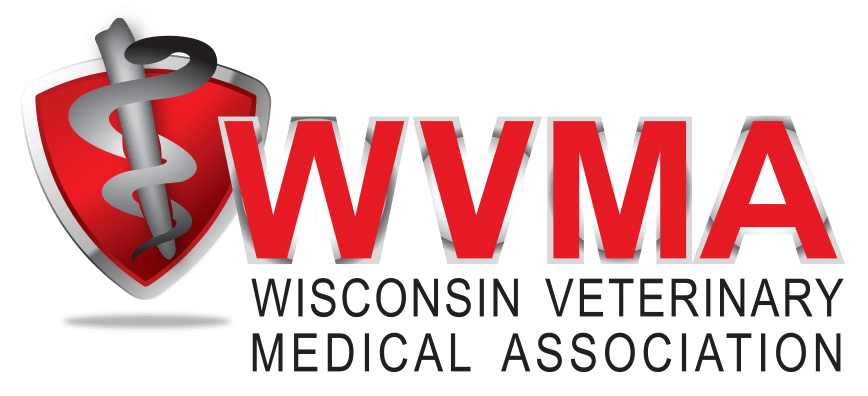By Dr. Julie Ann McGwin, Equine Program Veterinarian, Wisconsin Department of Agriculture, Trade and Consumer Protection
In August 2019, Wisconsin confirmed a case of Equine Infectious Anemia (EIA) in a Taylor County mare. The mare was asymptomatic and identified on routine testing for interstate movement. She had tested negative twice in 2018. Although EIA cases occur periodically in the U.S., this was the first confirmed Wisconsin case in almost 15 years.
The Wisconsin Department of Agriculture, Trade and Consumer Protection’s (DATCP) Division of Animal Health staff conducted an epidemiologic investigation and tested additional equines in the area. The mare’s pasture mate, an aged mule, was tested and also found to be EIA positive. The mule had no history of ever being tested and had resided on the premises for many years. Based on the serologic results and mare’s negative testing history, the mare likely acquired the infection from the mule located in the same pasture.
Horses on neighboring premises were tested and found to be negative for EIA.
EIA is caused by a retrovirus that affects equines (horses, ponies, donkeys, mules and zebras) and is seen worldwide. Unfortunately, there is no effective vaccine or cure. The disease is potentially fatal; however, animals that survive initial infection become lifelong carriers of the disease. EIA is naturally transmitted by biting flies, mainly Tabanids, Chrysops and Stomoxys (horse flies, deer flies and stable flies), and iatrogenic transmission. The disease may be spread through blood transfusions from an infected horse or when contaminated needles or equipment (tattoo and dental instruments or IV sets) is shared between horses without proper cleaning.
Many infected horses appear healthy; however, the symptoms can be severe in some cases. Clinical signs of infection vary dramatically and may include recurrent fevers, depression, anorexia, anemia, thrombocytopenia and petechia. Symptoms may progress to weight loss, dependent edema, cachexia, and in some cases, death. All infected horses, including clinically normal animals, remain infected for life. Infected animals must be humanely euthanized or in rare circumstances, quarantined for life and isolated from other equines. Because of the herd nature of horses, a lifelong quarantine and isolation from other horses to prevent disease transmission creates animal welfare concerns and is not recommended.
Serology is used to confirm the disease. Enzyme-Linked Immunosorbent Assay (ELISA) tests are often used to screen for EIA because of the quick turn-around time for results. However, any ELISA positive result should be confirmed using an Agar Gel Immunodiffusion (AGID) test. The AGID test is the true Coggins test although the Coggins terminology is commonly used to refer to any EIA test.
To reduce the risks of EIA transmission, advise clients to implement fly control measures during fly season and not to share equipment or needles between equines. DATCP recommends that veterinarians work with horse owners to maintain a routine EIA testing schedule and house negative EIA animals at least 200 yards away from equines of unknown status. Ideally, even equines that do not require testing should still be routinely tested so their status is known. A reminder that veterinarians must report all positive EIA horses or horses that have not been tested in accordance with state and federal (9 CFR 75.4, and APHIS-91-55-064) regulations. Information about state reporting requirements is available at https://datcp.wi.gov/Pages/Programs_Services/DiseaseReportingRequirements.aspx.
EIA is a devastating disease for horses and their owners, making disease testing and prevention measures critically important in the eradication of this disease. More information about EIA is available at https://datcp.wi.gov/Pages/Programs_Services/EquineInfectiousAnemia.aspx.
